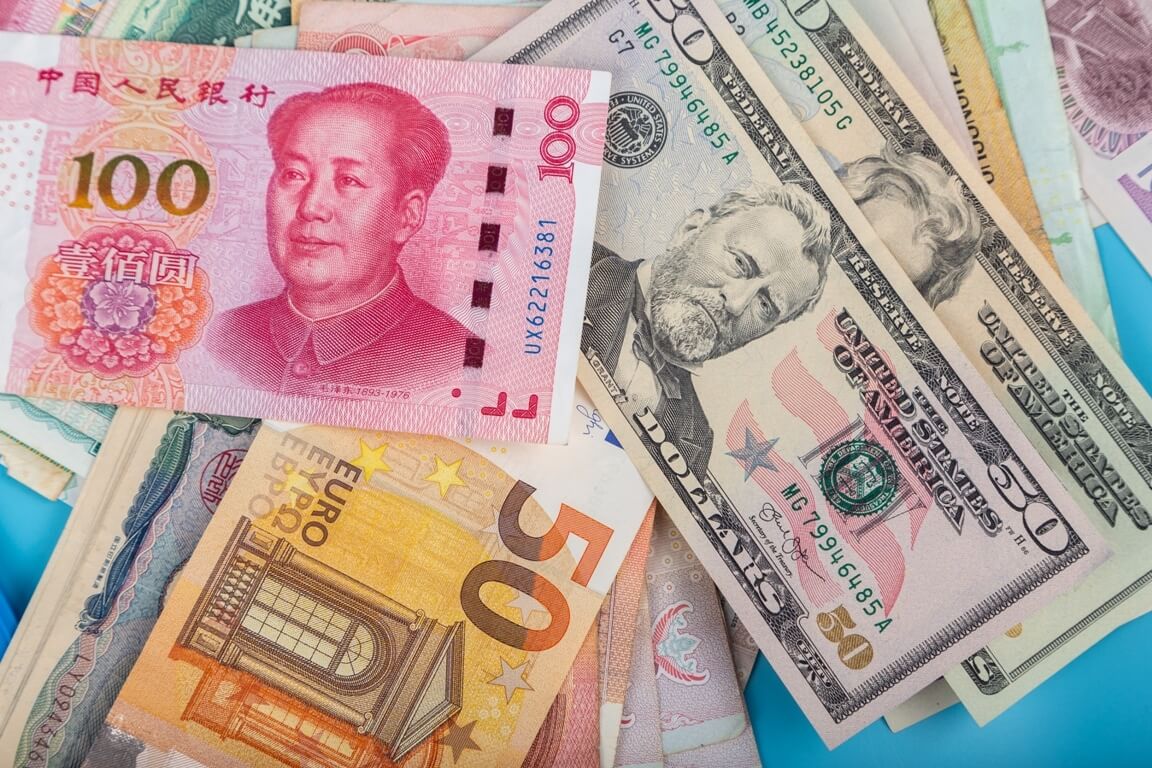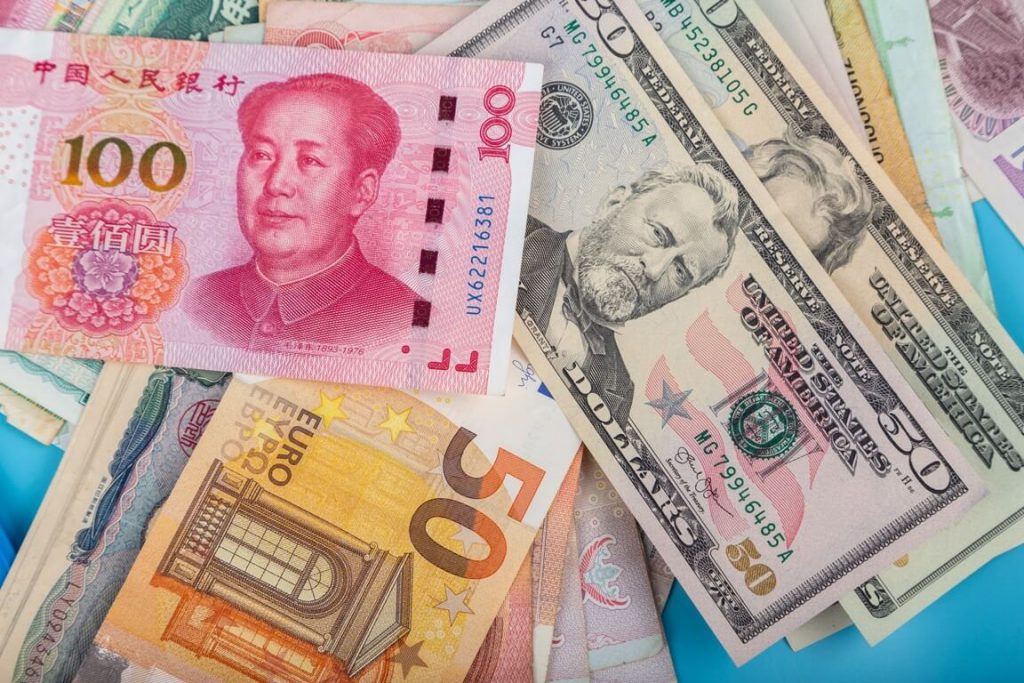
The Japanese Yen Hit A High On Friday. What About The Dollar?
The Japanese yen rallied on Friday, adding to its gains from the previous session. Traders speculated that the Bank of Japan could revise its ultra-loose monetary policy. Such sentiment booster the currency. On the other hand, the U.S. dollar exchanged hands near its lowest level since June 2022 versus the basket of major currencies.
The greenback plummeted by almost 1% against the yen at one point during the session, hitting a new seven-month low of 128.11. The currency had already shaved off 2.4% on Thursday. It traded lower by 0.6% at 128.515 yen at last.
Most major central banks hiked their interest rates several times over the last year to fight the increasing inflation. However, the Bank of Japan is an outlier. It maintained its ultra-easy stimulus to aid the economy recover after the coronavirus pandemic crisis. Lately, signs of persisting inflation have encouraged some traders to bet this would change. If the BOJ truly decides to change its policy, the Japanese Yen will rally further.
Stephen Gallo, the head of European FX strategy at BMO capital markets, noted that it’s easy to see why Japan’s central bank would be considering more policy changes now. On Friday, the yield on Japan’s benchmark 10-year government bonds crossed the central bank’s new ceiling. That news weighed on the bank, adding more pressure for the yield control policy to be revised.
The central bank announced today that it would start additional outright bond purchases on Monday. The BOJ also planned a meeting on January 17-18. Investors expect it to change its interest-rate policy then. It already surprised the market participants by expanding its 10-year bond yield target last month. However, the BOJ couldn’t quell market distortions created after its huge bond buying.
How Are The Other Major Currencies Faring?
On Friday, the Euro tumbled down by 0.1% to $1.08460, lowering from a new nine-month high the common currency hit earlier in the session. At the same time, the British Pound exchanged hands at $1.22340. It climbed up by 0.2% on the day.
The dollar index remained broadly flat at 102.15 against the basket of six major currencies today. It had plunged to its lowest level since June earlier in the session but managed to stabilize later. U.S. inflation is finally lowering, and investors hope the Federal Reserve might consider slowing the pace of interest rate hikes.
On Thursday, new data showed consumer prices plummeted for the first time in more than 2-1/2 years last month. Philadelphia Fed president Patrick Harker stated that hiking interest rates by 25 basis points would be appropriate going forward.
Meanwhile, Goldman Sachs strategists noted that the December inflation data would likely encourage the Fed to move on 25 basis point hikes in February. However, they also warned that it was too early in the process for central banks to declare victory on inflation.
According to Samy Chaar, the chief economist at Lombard Odier, it’s a little surprising that forex markets are pricing immediate rate cuts by the agency in June/July after its last hike in March/April because the Fed still wants tight financial conditions. The latter will help it to avoid overheating the labor market.
What About The EM Currencies?
The Malaysian ringgit and Indonesian rupiah gained the most among emerging Asian currencies today. Besides, most regional equities strengthened as lowering U.S. inflation bolstered the markets. The ringgit surged forward by as much as 0.6%, hitting its highest level since April 2022.
On the other hand, the rupiah skyrocketed by as much as 1.3%, trading at its highest level in almost four months. Overall, it had gained 0.9% in the previous session.
Alvin Tan, the head of Asia FX strategy at RBC Capital Markets, noted that the Indonesian bond market’s foreign portfolio inflows have recently increased. That is due to more positive sentiment for Asia.
On Friday, stocks in Singapore, Malaysia, and Thailand jumped between 0.2% and 0.3%. Shares in Manila also added as much as 1.4%, reaching their highest point in over eight months.
However, Thailand’s baht declined by 0.1% after gaining about 0.2% earlier in the session. The Chinese yuan also dropped by 0.1%. Singapore’s dollar edged up by 0.1%, touching its highest level since June 2021, earlier in the session. But the currency decreased by 0.1% later.


